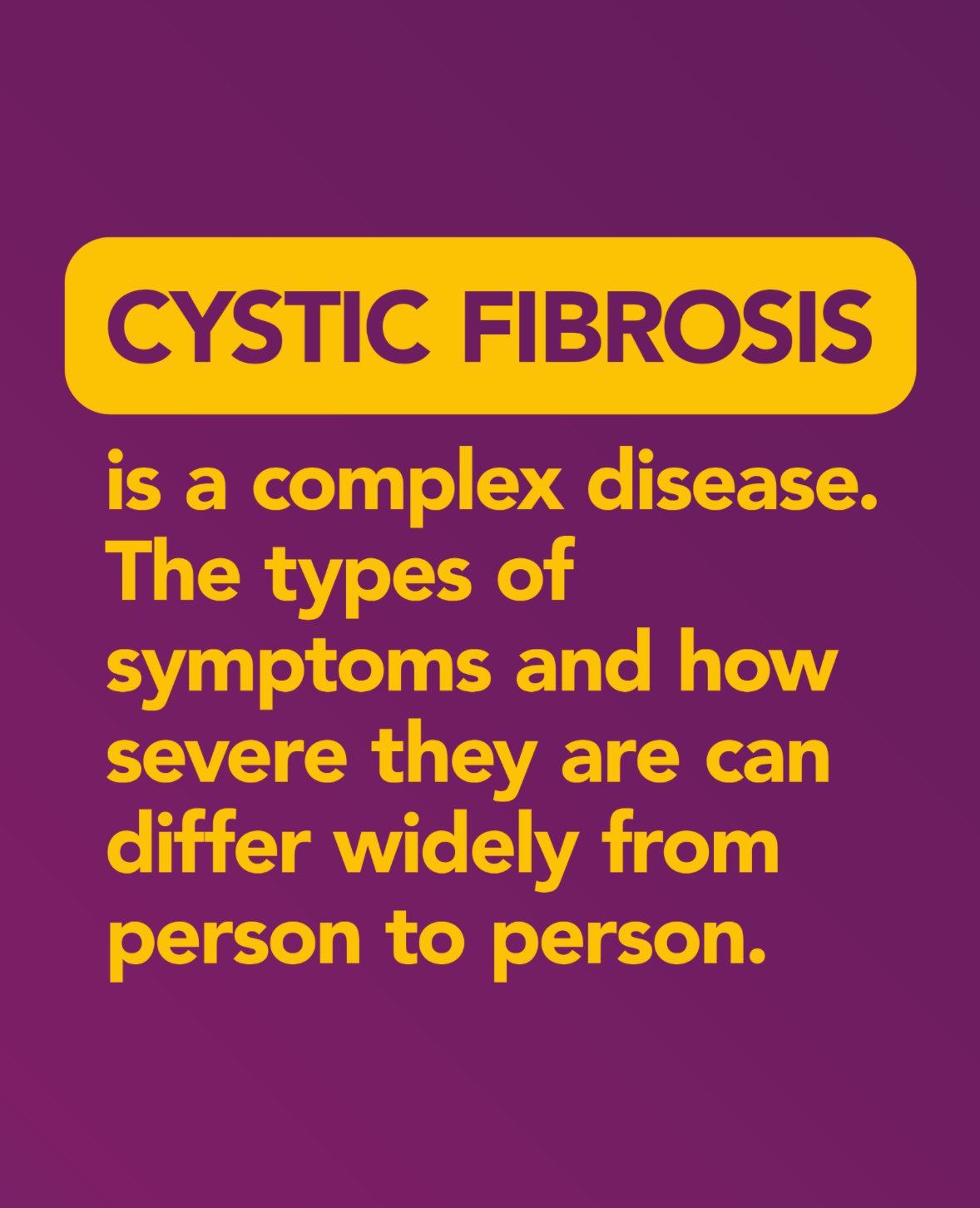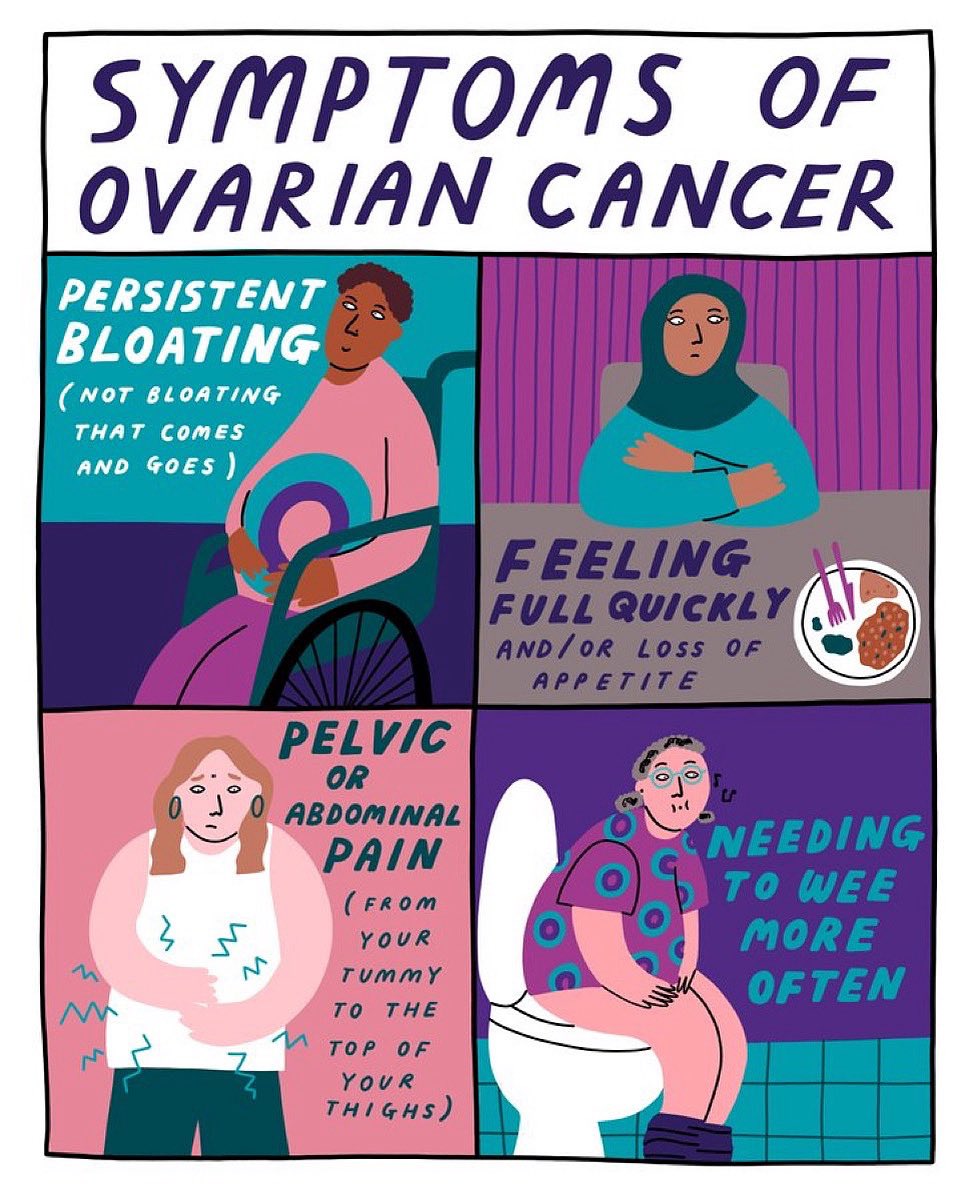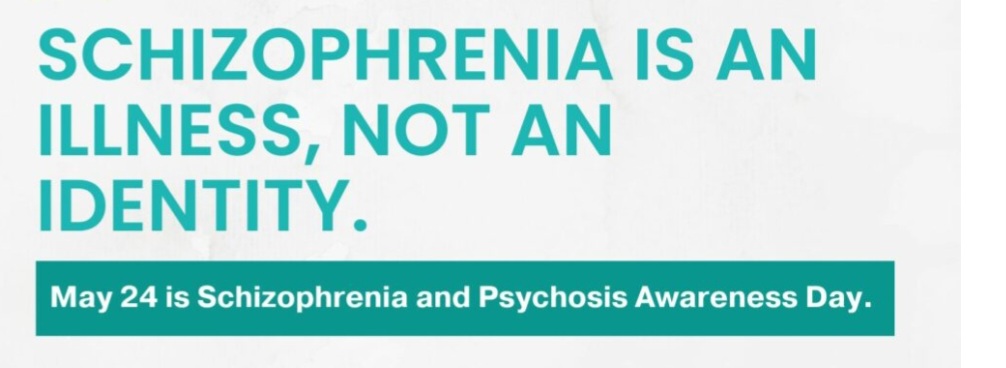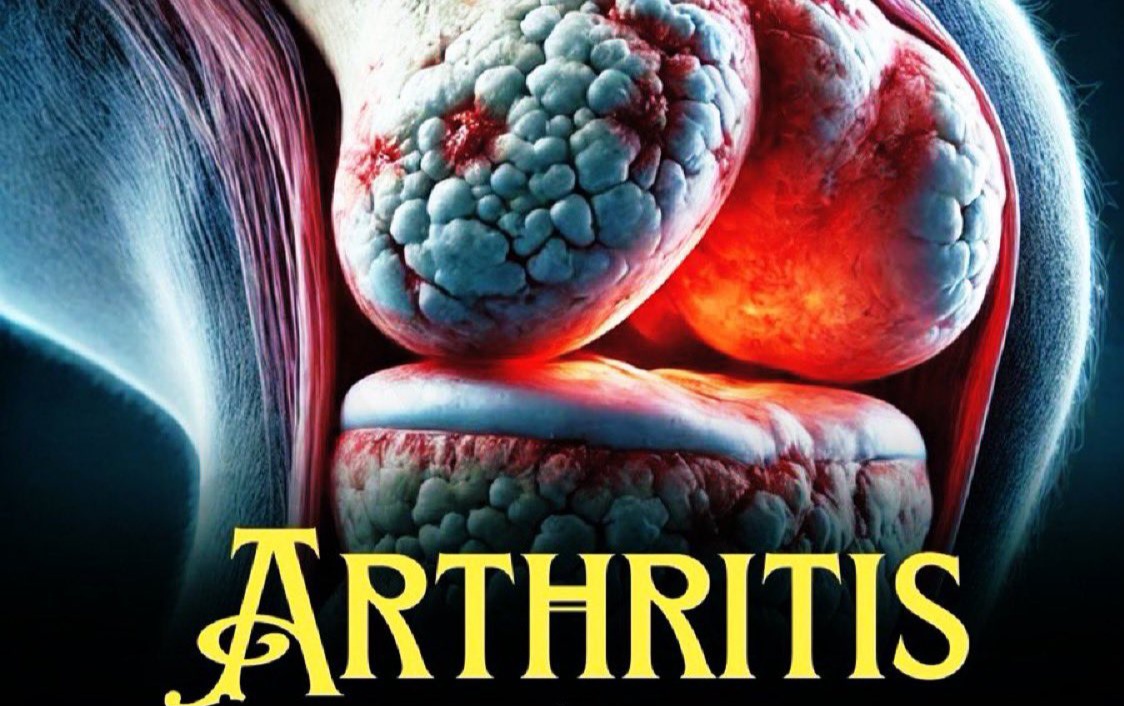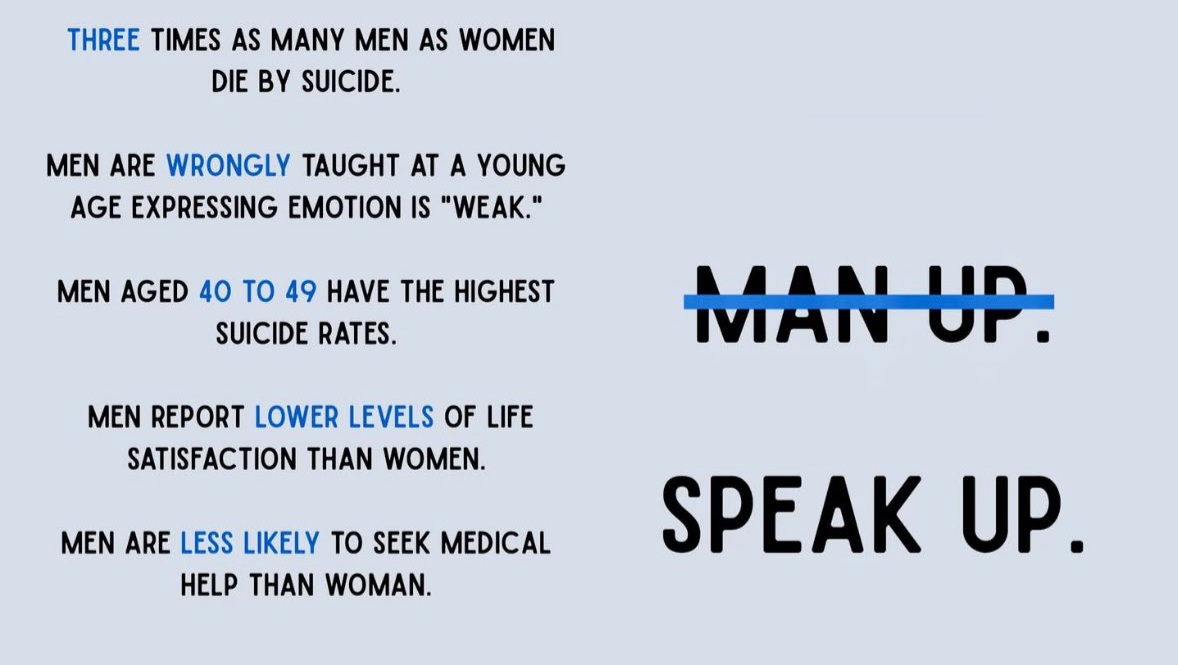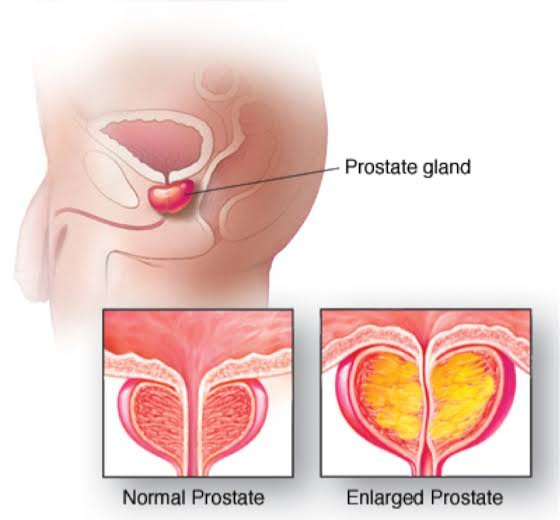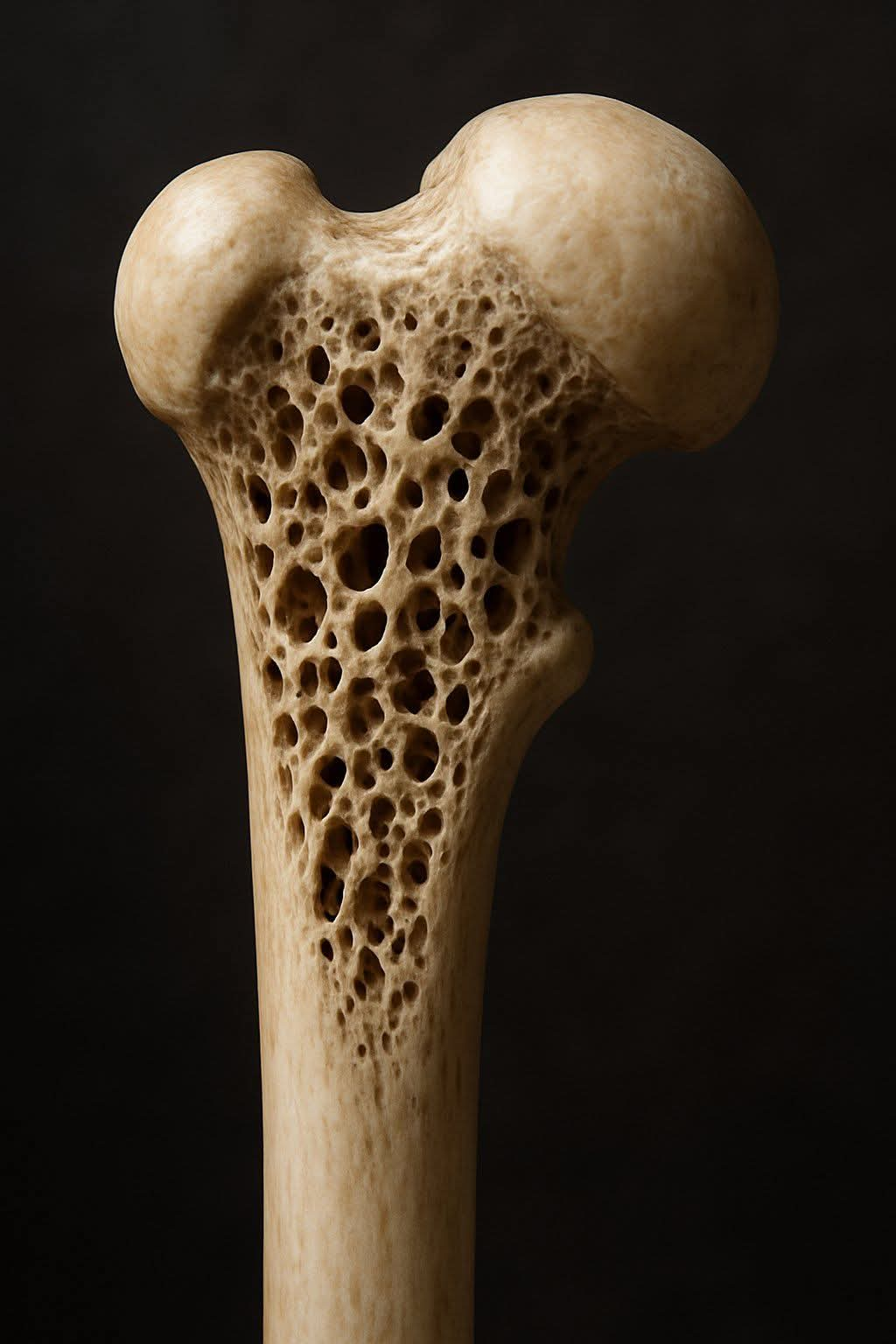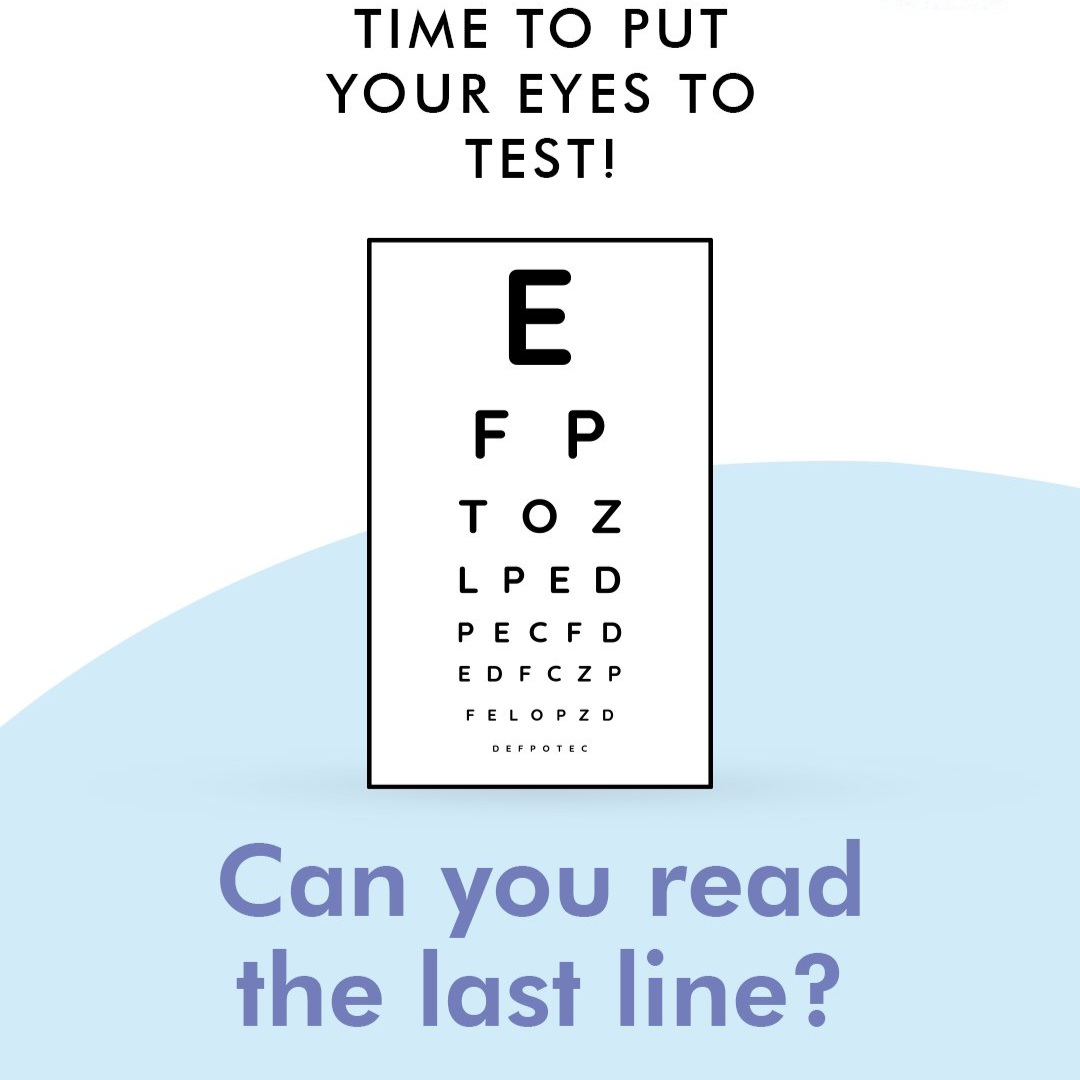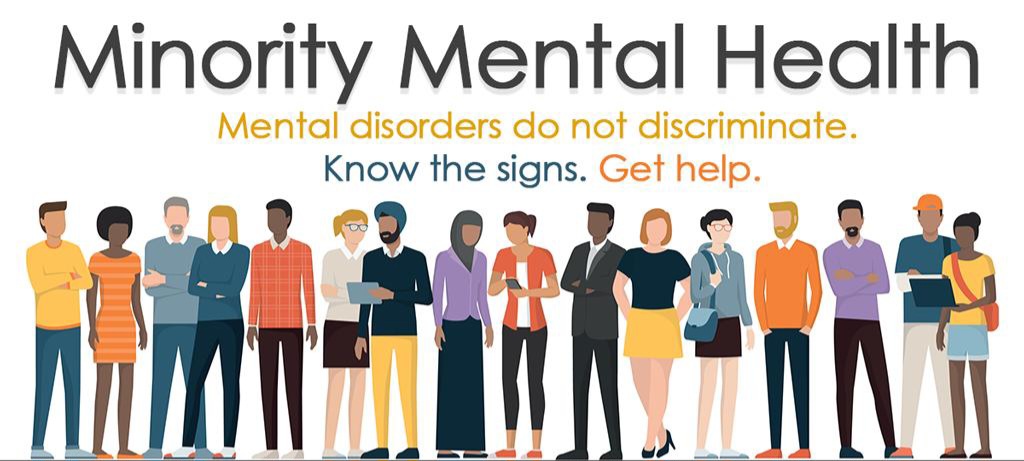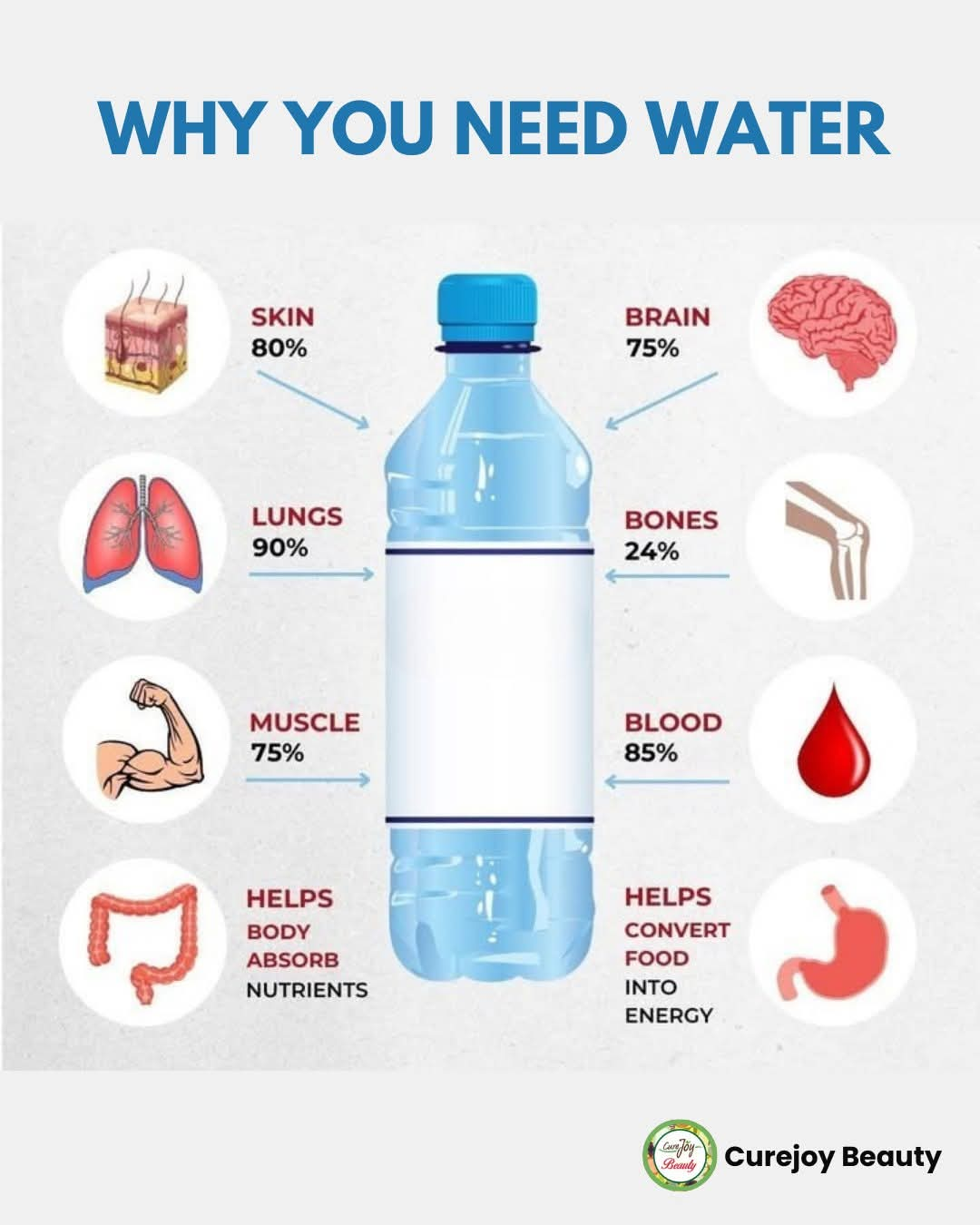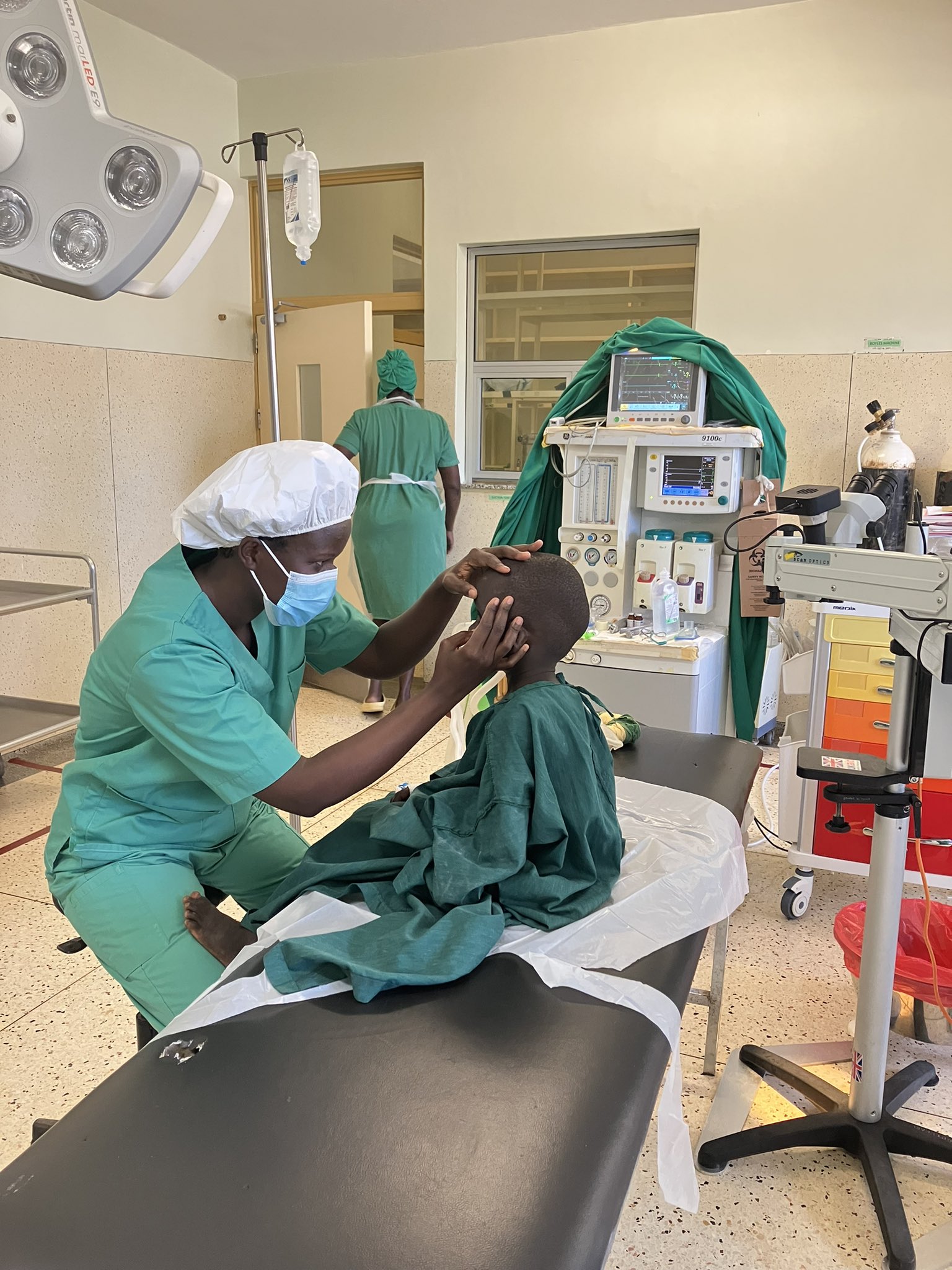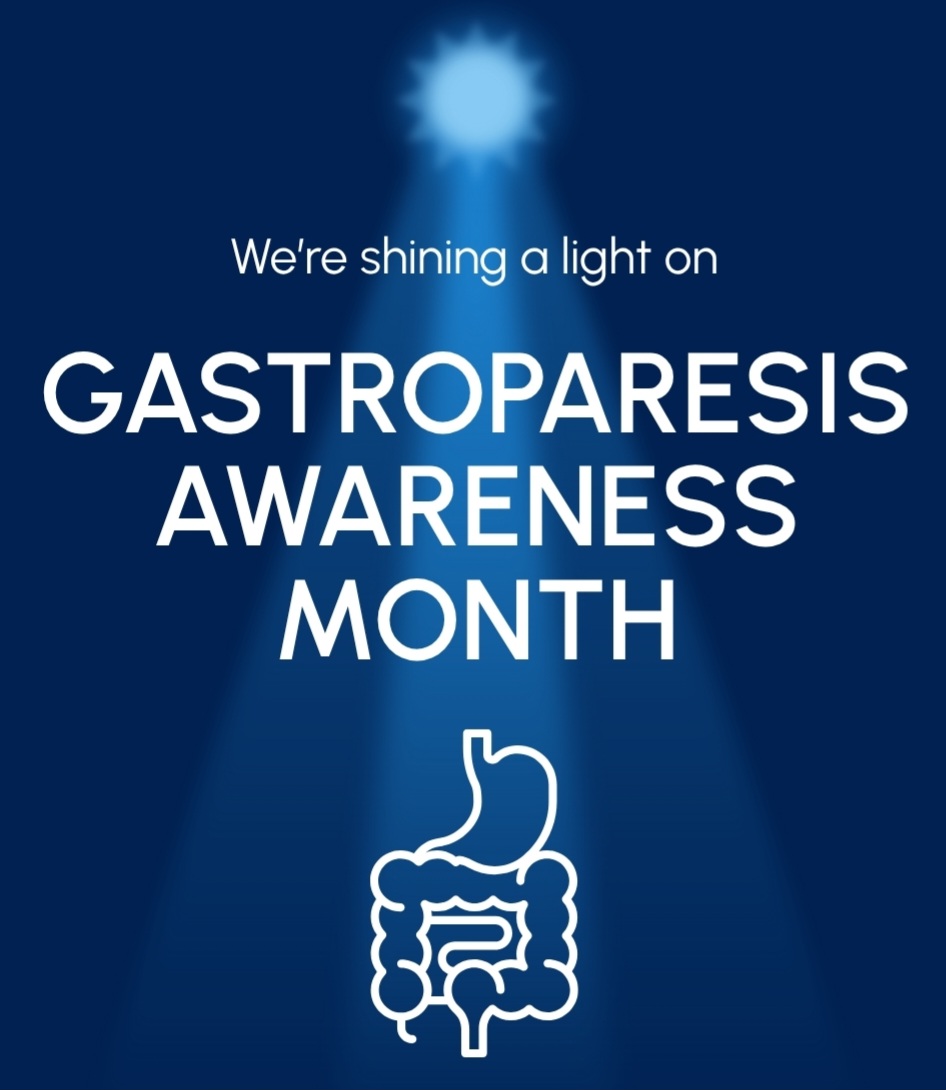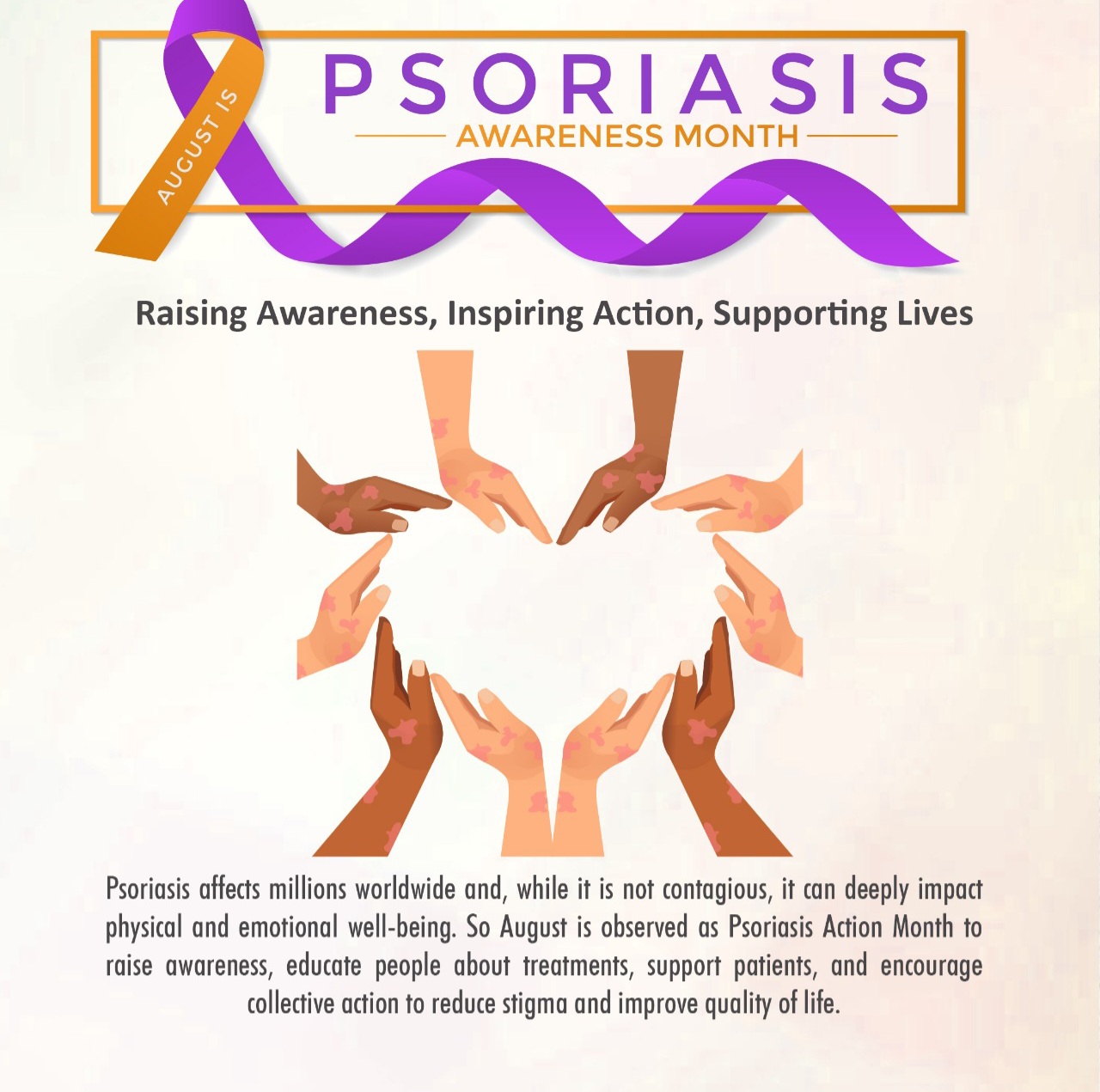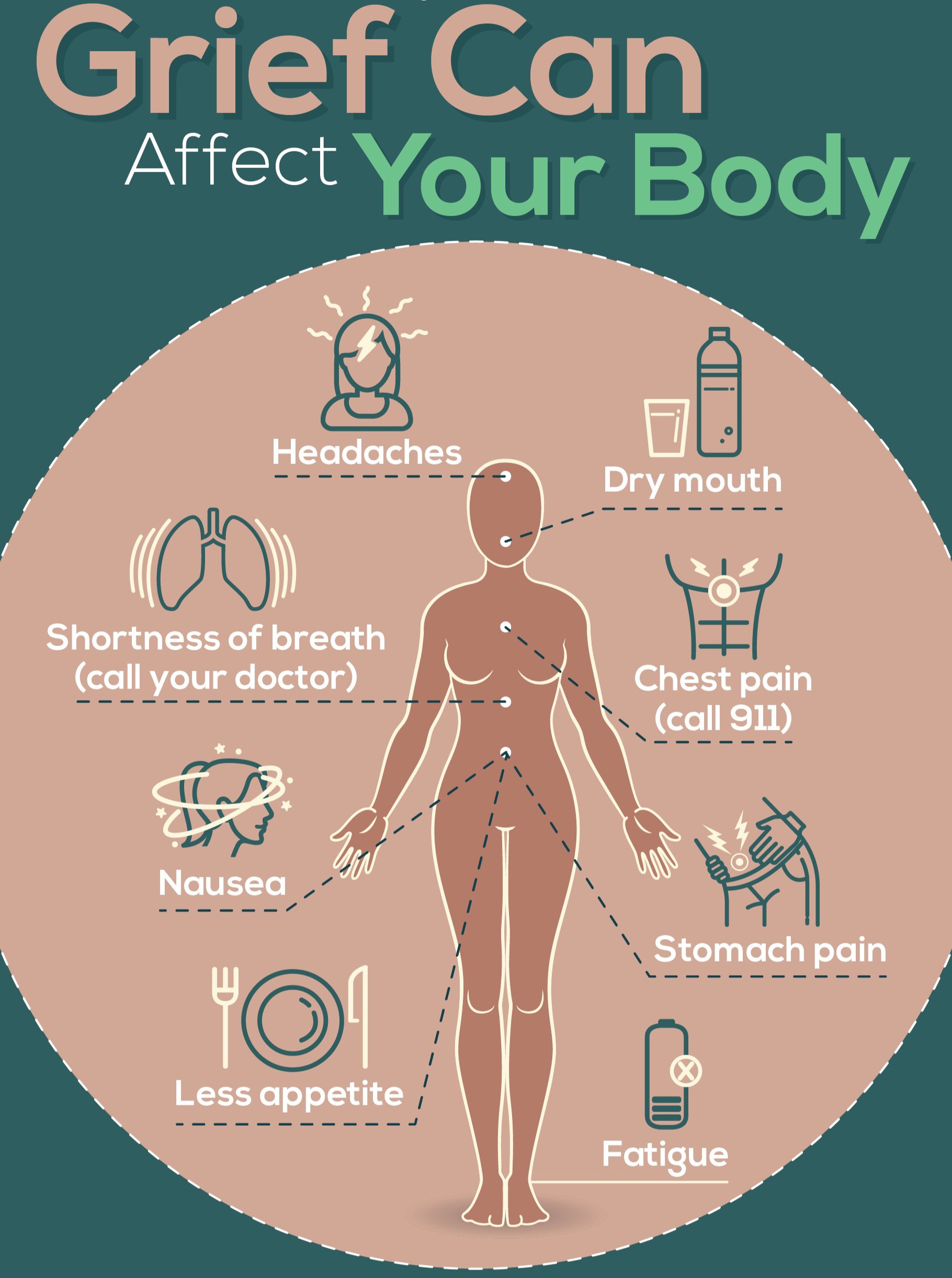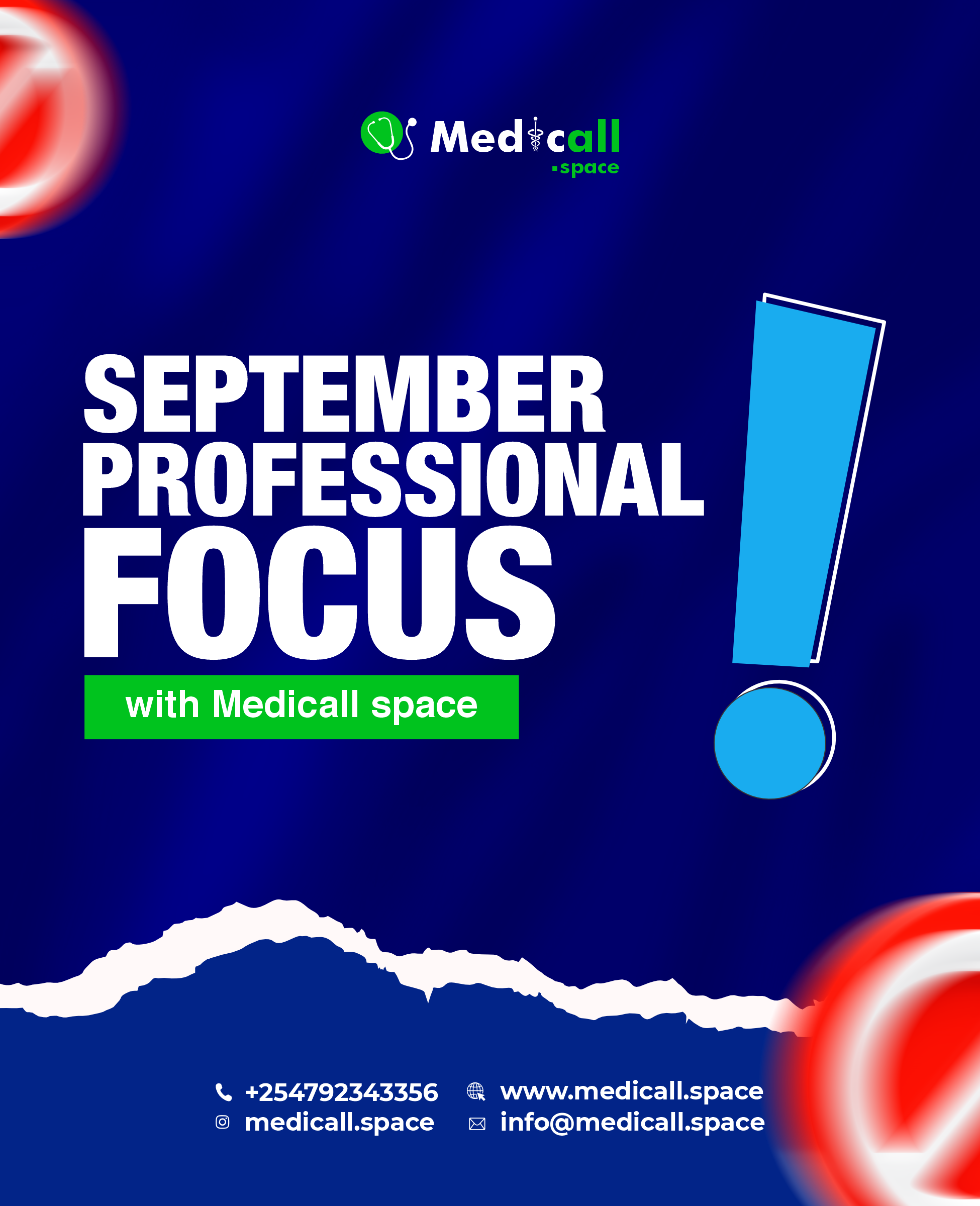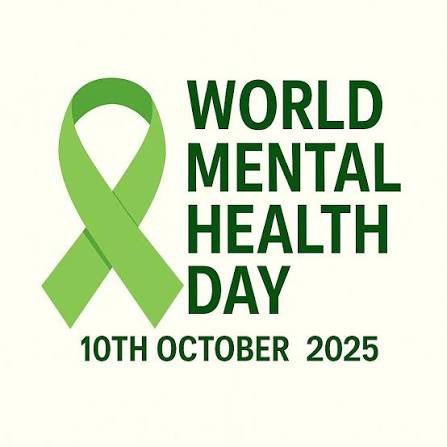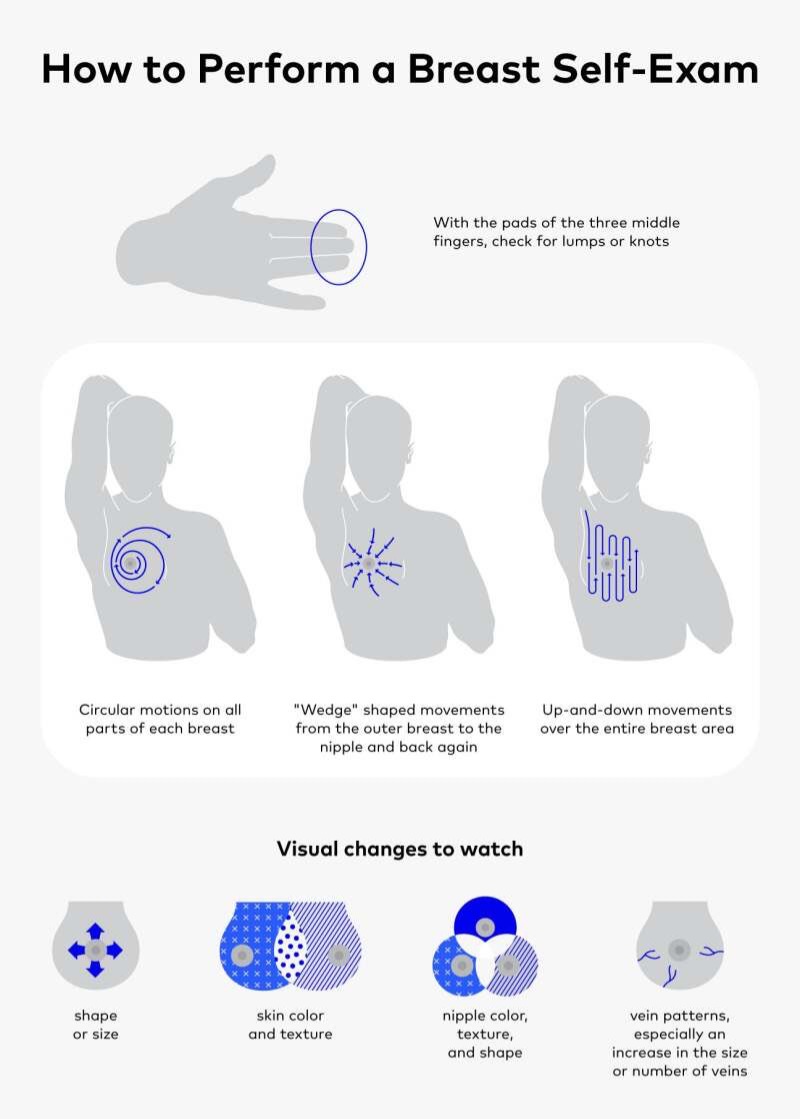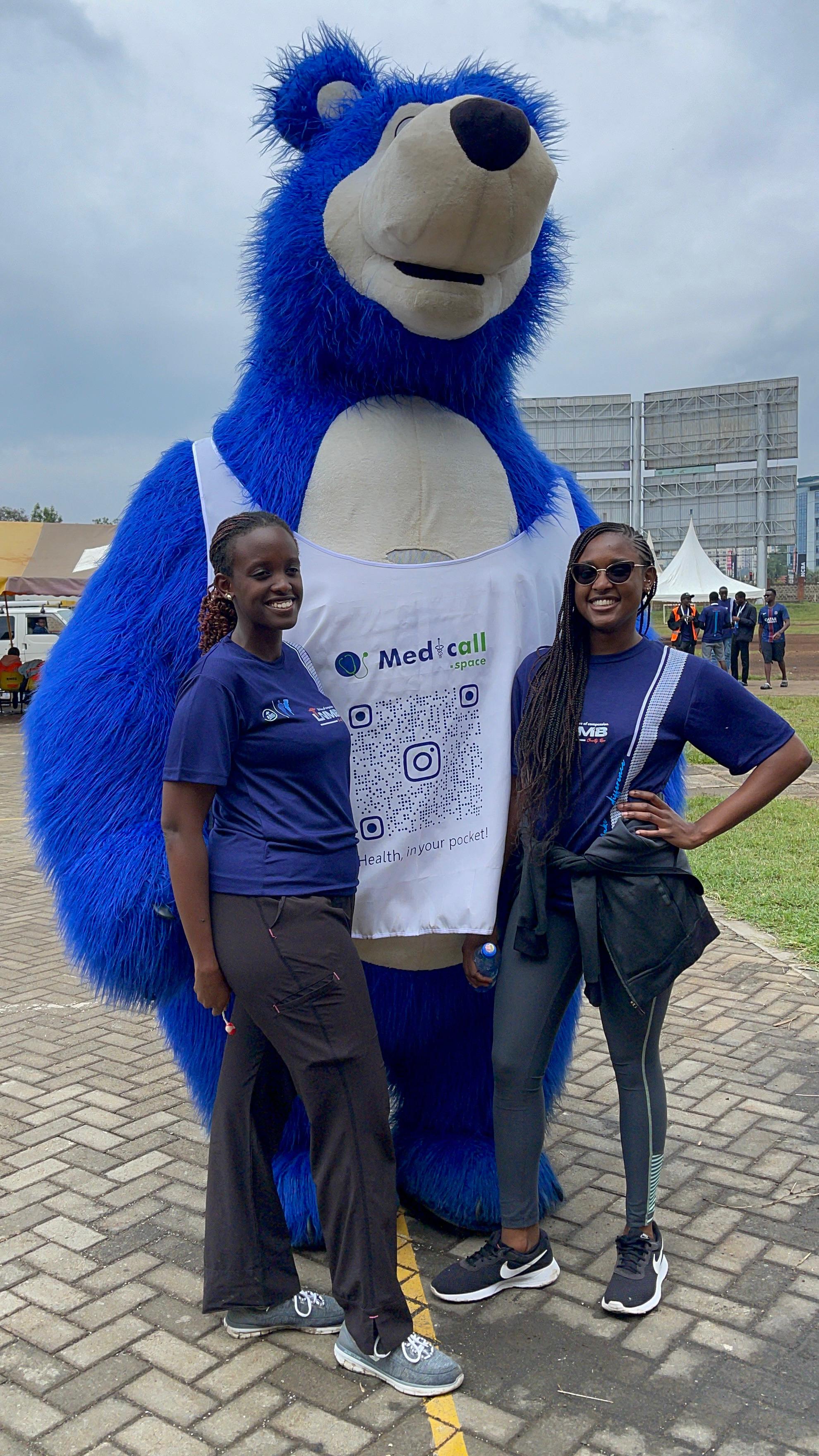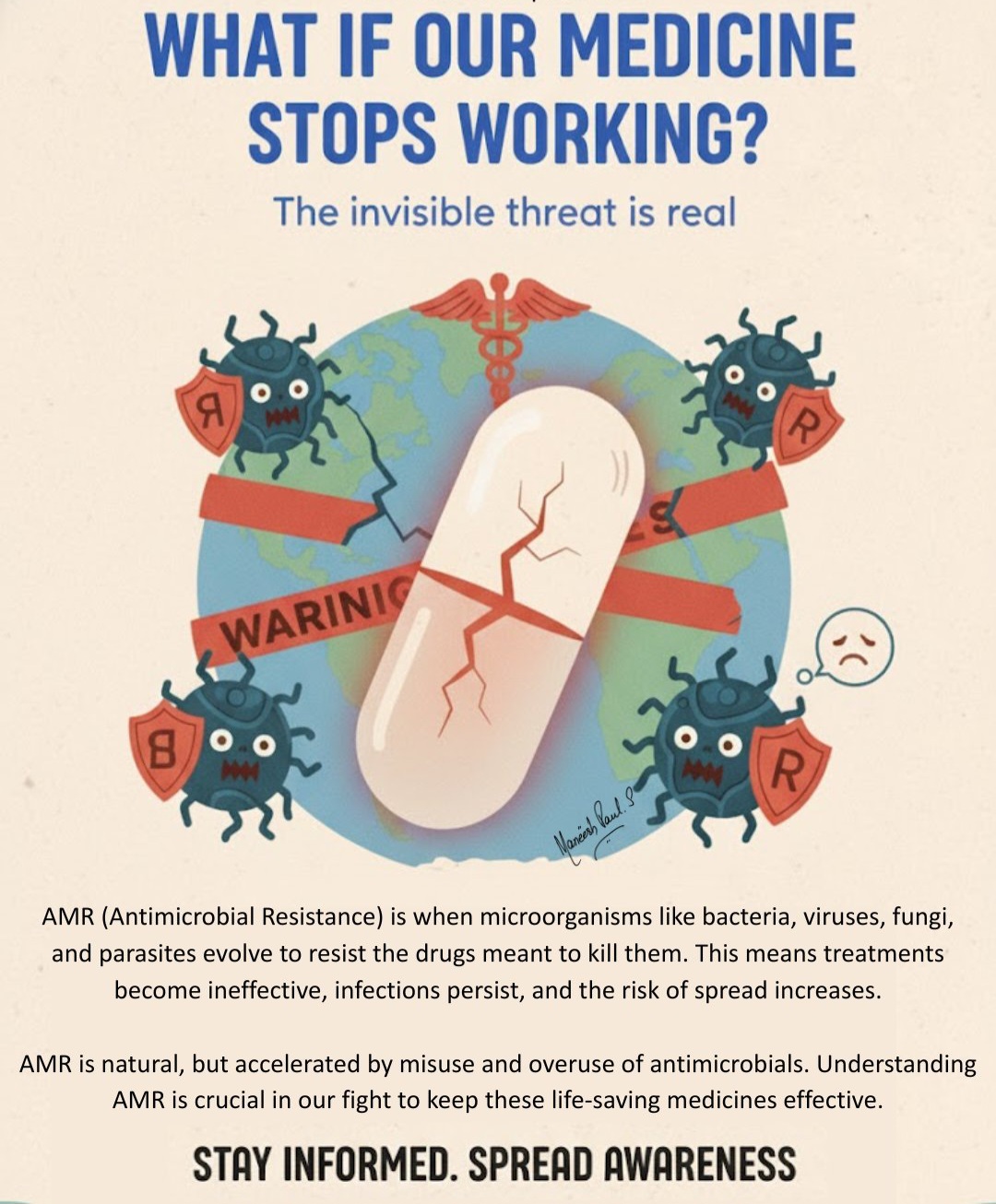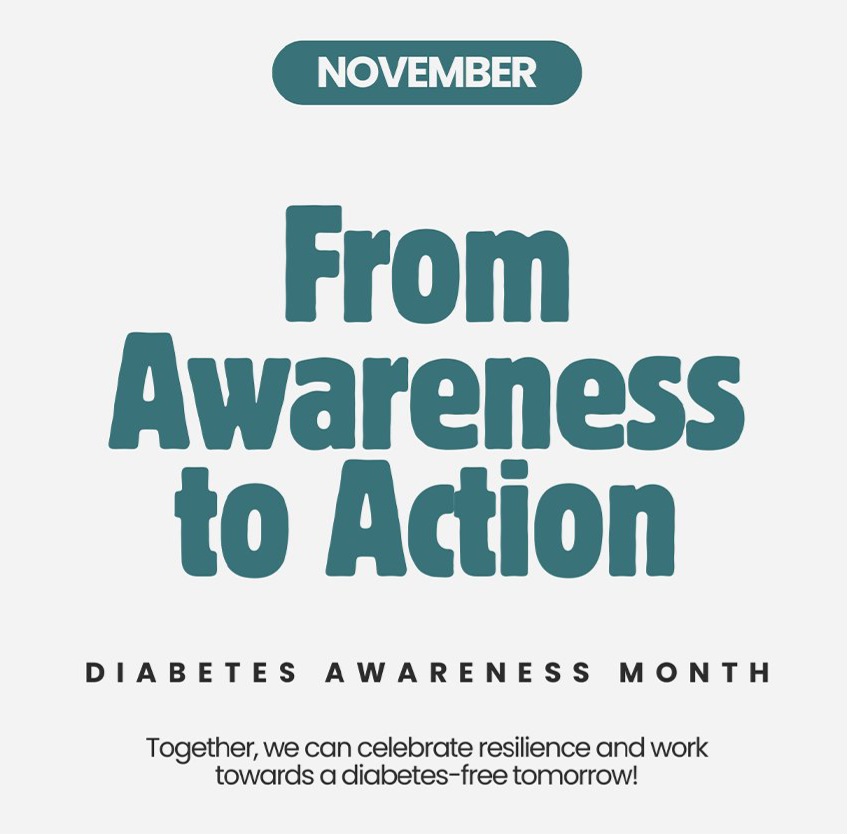Medicall Space values the privacy of our users. We are committed to protect your privacy. This
privacy policy explains in detail how we use and protect the information we collect when you
visit our website. Its associated subdomains and other media platforms
(Collectively known as Our Service).
By accessing or using Our Service, you signify that you
have read, understood and agree to our collection, storage, use, and disclosure of your personal
information as described in this Privacy Policy and Terms of Service. Please ensure you have
read this privacy policy completely and refrain from visiting the site if the terms outlined below
are not satisfactory to you.
We reserve the right to change this policy at any time and will list these changes in the updates
section of the policy. By reading this notice and visiting the site, you agree that you understand
that users will not be personally notified when this policy changes.
Therefore, we advise users of Our Service to frequently review our privacy policy so that they
remain aware of its updates. By using the site, you accept that the posted policy and all its
changes apply to your interaction with Medicall Space
Definitions and Key Terms.
To help explain things clearly, in this Privacy Policy, every time these terms are referenced,
they are strictly defined as
- Cookie: small amounts of data generated by a website and saved by your web
browser. It is used to identify your browser, provide analytics, and remember
information about you such as your language preference or login information.
Company: When this policy mentions company to company, we, us or our, it refers to
the entity that is responsible for your information under this privacy policy.
- Country: where, medicall.space or the owners/ founders of medicall.space are based
in, in this case KENYA.
- User: refers to the person or organization that signs up to use our service either as an
individual or to manage the relationship with their consumers or service users.
- Device: Any internet connected device such as phone, tablet, computer or any other
device that can be used to visit www.medicall.space and use our service.
- IP Address: Every device connected to the internet is assigned a number known as the
Internet protocol (IP) Address. The numbers are usually assigned in geographical
blocks which can be used to identify the location the user device is connecting to the
internet from.
- Personnel: Refers to the individuals who are employed by Medicall Space or are
under contact to perform a service on behalf of medicall space or one of the parties
- Personal Data: Any information that directly or indirectly, or in connection with other
information –including the personal identification number-allow for the identification
or identifiability of a natural person.
- Service: Refers to the service provided by www.medicall.space as described in the
relative terms and on this platform.
- Third party: refers to the advertisers, content sponsors, promotional and marketing
partners, and others who provide our content or whose products we think may interest
you.
- Website: Medicall Space’s site , which can be accessed via the URL
www.medicall.space
- You: a person or entity that is registered with Our Service to use its services
Information Collected Automatically by Medicall Space
There is some information that is collected automatically when you visit our site. The
information includes:
- Server data related to the IP address you used to visit our www.medicall.space, which
includes your address, browser, OS, access time, and site activity.
- Your login, email address, password, computer or device internet connection information,
such as browser, type in plugs and versions, and time-zones setting, operating systems
and platforms.
- We may aggregate with similar information from other users, the full Uniform Resource
Locator (URL) clickstream from our website that may include date and time, cookie
number, parts of the site you viewed or searches, phone number you used to contact our
customer services.
- We may also use browser data such as Flash Cookies (Flash Local Shared Objects) or
similar data on certain parts of the website for Fraud prevention and other purposes.
- Financial information related to your orders including your payment method and
identifying payment information. We rarely store financial information collected on our
site for transaction purposes. That information gets sent directly to our payment
processors
- Social network data including login permissions and user information from other
networks, only when you log onto our site using one of these media sites.
- Session information such as page response times, download errors, frequency and length
of visits, page interaction information such as scrolling and clicks.
Information Collected by Medicall Space
We collect some information from you when you visit our site and login or register, place an
order, Schedule or book an appointment, access our newsletters or our information hub. The
information collected include:
- Personal identifying information like your name, address, email, phone number.
- Age, gender, and other personal data when you provide them on our website.
- Title and educational background
- Other information are subject to you granting the permission for access hence are
optional. Such information include; location data (GPS), camera (Subject to you granting
camera permission) and gallery permission when you need to upload images onto our
site.
How We Use the Information Collected
Our website uses information collected to:
- Manage your account information and personalize your experience by responding to your
individual requests and feedback.
- Deliver promotions
- Email your account confirmation
- Manage purchases, payments and process transactions
- Increase site efficiency
- Notify you of updates
- Offer new products and improve our services.
- Monitor and prevent theft
- Resolve account disputes
- Request your customer feedback
- Respond to your service requests
Information Disclosure to Third Parties
Normally, your information stays on our site. However, below we have listed the situations that may require us to share the information we collect from you:
- When required by law, such as for fraud protection
- With our third-party service providers for payment processing, web hosting, data protection and data storage to enable them perform the services for us and for you.
- We may share portions of our log file data including IP addresses for analytics purposes with third party web analytic partners, application developers and ad networks.
- With your consent for marketing purposes
- When you post comments on the site
- To our advertisers, current
and future affiliates and partners and in the event of a merger, asset sale, and succession.
- If this site goes bankrupt and data must be transferred in compliance with the law.
- We may also disclose personal and non-personal information about you to the government or law enforcement officials when we in our sole discretion believe it is necessary or appropriate in order to respond to claims and legal processes.
- Information collected from our interaction with you or our third parties can be transferred from time to time to our personnel and offices in other countries throughout the world and hosted in those countries.
When does Medicall Space use end user information from third Parties?
Medicall Space will collect End user Data necessary to provide the necessary services to its users.
End users may voluntarily provide us with information they have made available on social media website. If you provide such information, we may collect publicly available information on the social media websites you indicated. You can control how much of your information social media make public by visiting those sites and changing your privacy settings.
When does Medicall Space use Client Information from third Parties?
We may receive some information from third parties when you contact us. For instance when you contact us via email we may receive information from a third party that provides fraud detection services.
How we collect Information
We collect information that you submit to us via our website. We may also receive information about you from third parties as illustrated above.
Cookies, Trackers, and Online Ads
We may use cookies, trackers, web beacons, and other technology to customize our website to improve your experience. These trackers do not have access to your personal information and can be removed from your browser options.
In addition, third-party software provides ads for our site for marketing campaigns. These programs have access to tracking technology to optimize your ad experience.
Website analytics through vendors, facilities and other service providers on our website may also be used to remarket our services. We do not give these vendors, facilities and service provider access to your personal information.
How We Use Your Email Address
By submitting your email address on our website, you agree to receive emails from us. We only send emails to people who have authorized us to contact them either directly or via third parties.
You can cancel your participation in these emails by opting out or unsubscribe instruction at the bottom of your email. We do not send unsolicited commercial emails to avoid spam. We may also use your email for customer audience targeting with your permission. However, emails submitted to our website will only be used for the sole purpose of sending you information on updates regarding website developments and information regarding service delivery on our website.
Other Sites
Our website may contain links to third-party websites in the form of policies, ads, and other nonaffiliated links. Once you leave our site, we are no longer responsible for how your information is collected and disclosed.
How Long Do we Keep Your Information
We keep your information only so long as we need it to provide to you the services under this website and fulfill the purpose of this policy. This also applies to the parties we share information with to offer services on our behalf. When we no longer need to use your information or when you cease being a user of our website and there is no need for us to comply with our legal or regulatory obligations, we’ll either remove it from our systems or depersonalize it so that we can’t identify you.
Information Security
We take technical and administrative precautions to protect your data. We have physical, electronic, and managerial procedures to help safeguard and prevent unauthorized access and maintain data security. We offer the use of a secure server where all information are protected on the Secure Socket Layer (SSL). Your information can only be accessed by those authorized with special access rights to our data storage systems and have the mandate to keep the information confidential. However, while we use reasonable efforts to secure your data, we cannot guarantee the absolute safety of the information you provide to us against all types of fraud or misuse resulting from interception, breach, or alteration of our physical, technical or managerial safeguards. Therefore when you consent to this policy you agree that if applicable law imposes duty to protect your information, the stipulated legal standards will be the gauge to measure our compliance to that duty.
Additional Options and Updating or correcting Information
At any time, you may opt to review or change your account settings, including contact information.
Additionally, you can request to update or correct your information if you wish to delete your account, you may do so to remove most of your information, and however, some identifying information will be retained to prevent fraud.
You may also opt-out of emails and other correspondences from our site at any time.
Personnel Privacy Policy
If you are our personnel, we collect information you provide for human resource purposes and to facilitate service delivery to users. You may contact us in order to update or change your information or to receive a record of information we have relating to you. However such updates or changes may not affect the information we maintain of you or those provided to third parties in accordance to this privacy policy.
Kid’s Privacy Policy
This policy does not address anyone under the age of 18 years. We don’t knowingly collect personally identifiable information from anyone under age of 18 years. If you are a parent or guardian knowing that your child has provided us with Personal data, please contact us. Any dealing with persons under the age of 18 years are strictly on parental consent and does not include collection of personally identifiable data.
Third Party Services
We may display, include or make available third party content including data, applications or other products and services or provide links to third party websites. By consenting to this privacy policy, you acknowledge and agree that the website will not be responsible for any liabilities arising from third party services such as accuracy, completeness, legality, copyright compliance, validity, quality and any other aspect of Third Party services. These Third party link are provided solely as a convenience to you and by accessing them you subject yourself to their terms and policies.
Tracking
The website will utilize Google Maps API to synch your device with your location. Google Map API collects information that is held in accordance with its own privacy policy.
Changes to Our Policy
From time to time, we may need to update or change our services and policies so that they accurately reflect our services and policies. Unless otherwise required by law, we will notify you of the updated policy to review them and give consent. When you consent to the updated policy you will be bound by them.
Consent
By consenting to our privacy policy, you agree with the stipulated policy terms and agree
to its terms.
Contact Us
If you have questions or concerns about this privacy policy, please feel free to contact us at:
- Email: info@medicall.space
- Phone Number: +254792343356
- Physical Address: Kenyatta National Hospital, Nairobi











































































































